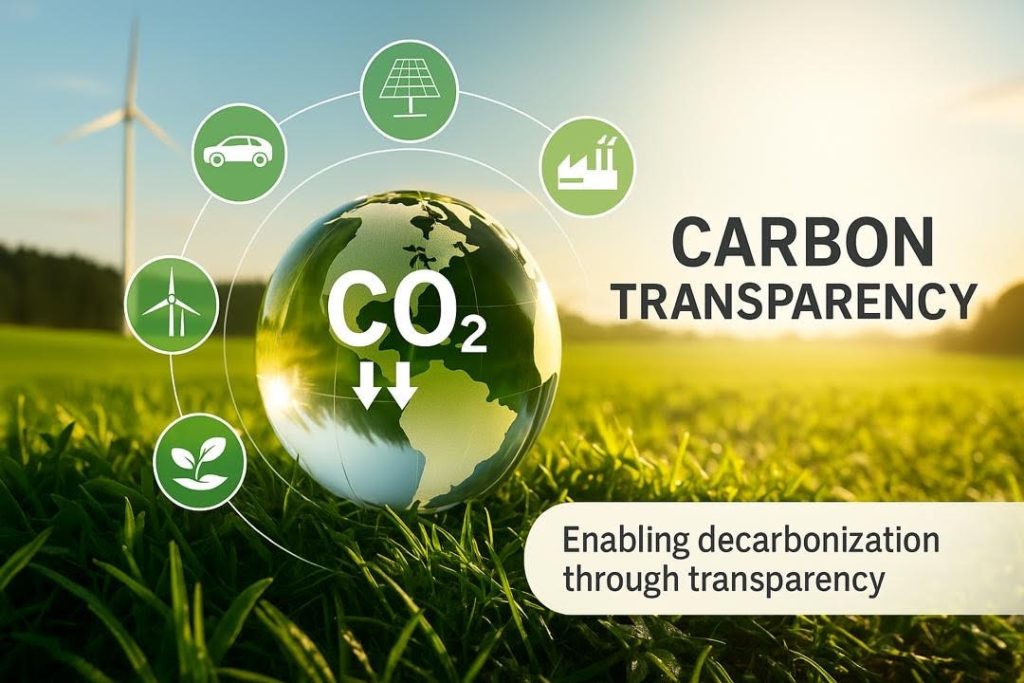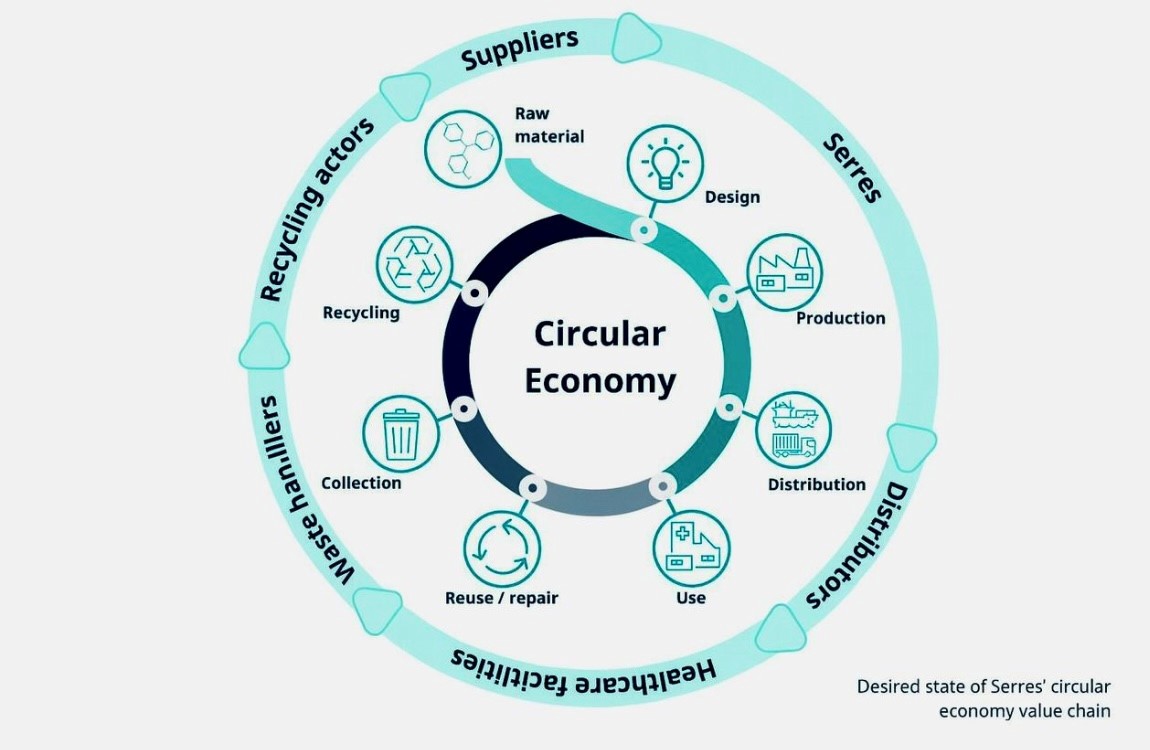In today’s world, carbon transparency has become a strategic necessity. With rising concerns about climate change and increasing pressure to reduce greenhouse gas emissions, business leaders must effectively track and report their carbon output. This not only helps mitigate environmental impacts but also brings economic benefits and enhances corporate reputation.
Why Carbon Tracking Matters
- Effective Management and Emission Reduction
Without data transparency, emission reduction efforts are often symbolic and focused on areas with minimal or easily measurable impact. Carbon transparency enables companies to identify key sources of emissions, accurately track progress, and ensure that climate strategies lead to measurable results.
- Enhanced Credibility and Investment Attraction
Today, investors and consumers are increasingly focused on sustainability. Transparent reporting on carbon emissions allows organizations to demonstrate their commitment to reduction and build trust with stakeholders.
- Cost Reduction and Operational Efficiency
Tracking carbon emissions helps identify inefficiencies, which, when addressed, can reduce both emissions and costs. This can result in significant operational savings.
- Regulatory Compliance and Alignment with Global Standards
With the growing number of climate-related regulations, precise carbon tracking helps companies align with international laws and standards, avoiding penalties and reputational damage.
- Supply Chain Transparency
Supply chains account for approximately 60% of global carbon emissions. Addressing sustainability throughout the supply chain is vital in the fight against climate change.
How to Track Carbon Emissions
Companies can use various tools, including software platforms and AI models, to collect and analyze carbon emission data. These tools help identify primary emission sources, assess impacts, and develop effective reduction strategies.
Conclusion Carbon transparency is not just an environmental responsibility—it is a strategic opportunity for businesses. By accurately tracking carbon emissions, companies can reduce environmental impacts, save costs, enhance credibility, and align with global regulations. In today’s world, carbon transparency is a competitive advantage that cannot be overlooked.



